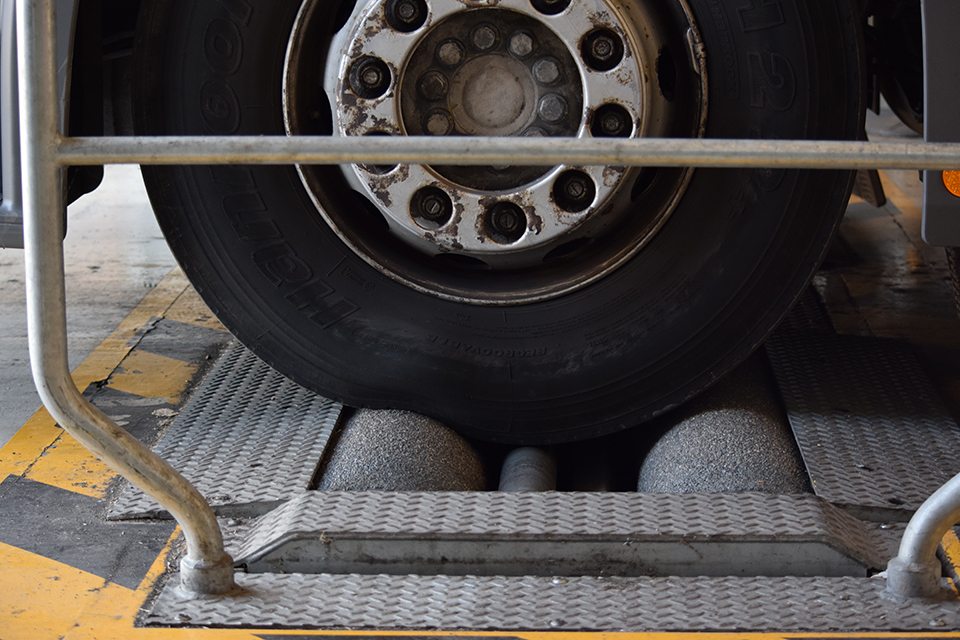
So, for my latest article, it’s good news and a reality check – and sometimes that with silver linings, the accompanying cloud is never too far away.
On November 5th, the Traffic Commissioners for England shared the headlines of their recent annual report and, far from giving the commercial vehicle industry a rocket, the message was upbeat.
‘The… industry has much to be proud of,’ they wrote, ‘especially the high degree of professionalism shown by the vast majority of its employees, the standards achieved, and the innovative approaches demonstrated. It is also why we continue to reinforce the point that the serially and seriously noncompliant are in fact the minority.’
They pointed to a positive response by operators to their demand for more adequate brake-testing, with an increasing number investing in testing and ‘almost 10,000 fewer failures in 2017/18 for service brake performance at commercial vehicle annual tests than in 2013/14.’
However, on the flipside of this lies the challenge. The Commissioners also report that public inquiries reveal brake failures continuing to be the lead cause of MOT failures. Why? They point to a combination of human and technical factors, but most telling was ‘vehicles and trailers being brake-tested unladen with wheels locking at very low brake efforts’.
This issue was stressed by west of England Traffic Commissioner, Kevin Rooney, in his speech at a recent leg of the FTA Transport Manager conferences which I attended in Somerset (he covered a lot of ground that day as his address prompted my last article on independent audits).
There’s a lot more detail to this story, which also led the latest edition of industry newspaper Transport Operator, but the recurring theme was unrealistic test conditions as a consequence of unladen vehicles being assessed where a ‘pass’ could still fall foul of strict Construction & Use Regulations. Kevin Rooney went as far as saying that unladen testing was “a waste of time.” One roller brake testing equipment specialist (VL Test Systems) recommend that a meaningful test would see the vehicle/trailer loaded to 65 per cent minimum.
The moral of the story here is that simply achieving a pass – just like so many industry standards – shouldn’t be seen as ‘job done’, especially in the eyes of the Traffic Commissioners. As with my views on independent audits, all of this is a reminder that the minimum may not always be enough when it comes to staying the right side of transport regulation.
For more information on how Transport Management Solutions can keep vehicle operators compliant, and other details of the support we provide, please call us on 01275 390001 or email admin@transportmanagersolutions.co.uk.
(Image Credit: DVSA)

